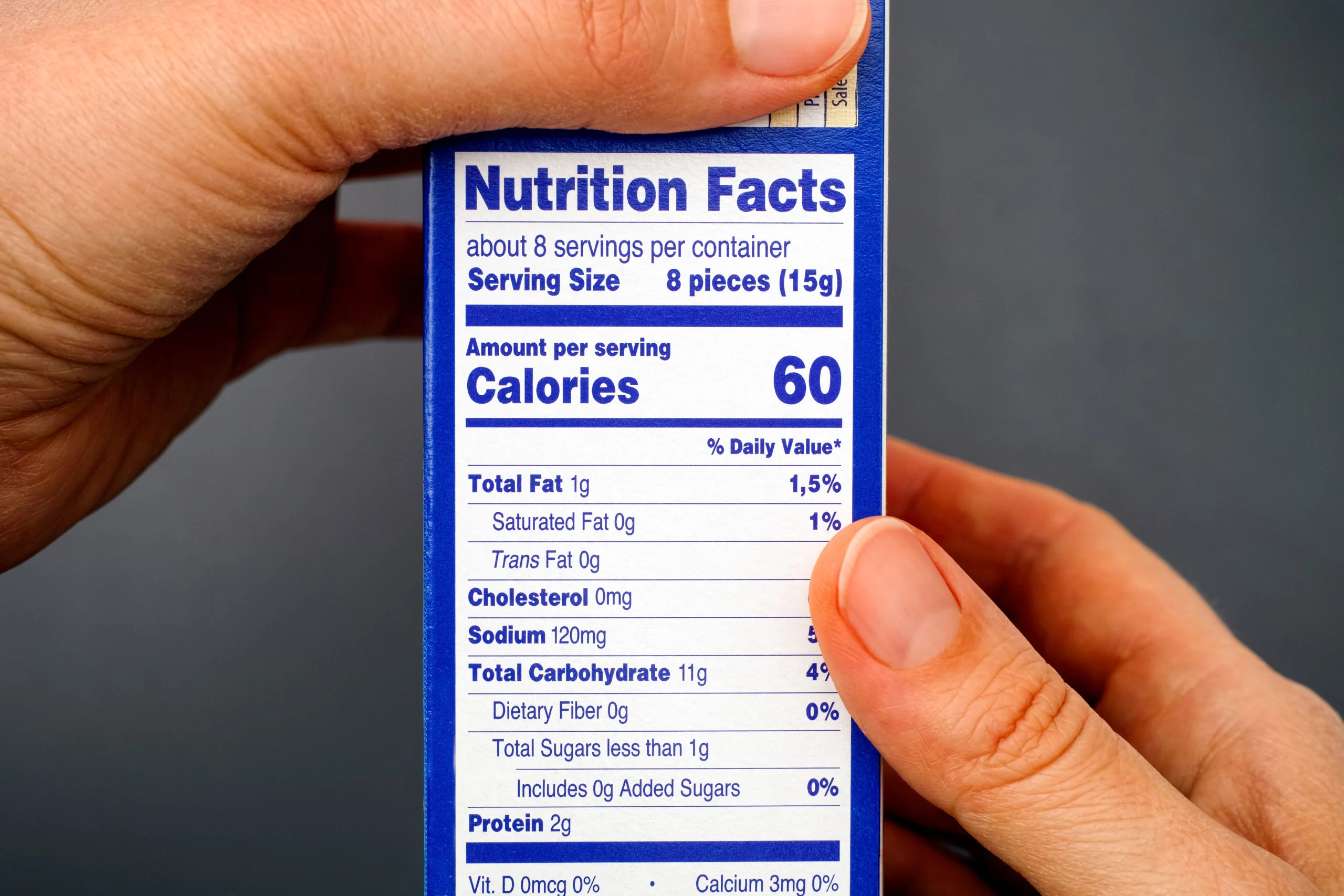Walk into any pharmacy or supermarket in America, and you’ll find entire aisles filled with multivitamins. They promise more energy, stronger immunity, better skin, and even longevity. With so many bold claims, it’s natural to wonder: Do you really need multivitamins, or are they just an expensive placebo?
U.S. doctors, nutritionists, and global health researchers have debated this topic for decades. While some evidence supports the use of multivitamins in specific cases, research also shows that they may not be necessary for everyone. This article breaks down the truth about multivitamins, helping you make informed decisions about your health.
What Are Multivitamins?
Multivitamins are supplements that typically contain a combination of essential vitamins and minerals, often including:
-
Vitamin A, C, D, E, K
-
B-complex vitamins (B1, B2, B6, B12, folic acid)
-
Minerals such as calcium, magnesium, zinc, selenium, and iron
They are designed to fill nutritional gaps in the diet. In America, more than 30% of adults regularly take multivitamins, according to the National Institutes of Health (NIH).
Why Do People Take Multivitamins?
People often turn to multivitamins for reasons such as:
-
General health maintenance
-
Boosting energy and immunity
-
Preventing nutrient deficiencies
-
Supporting aging and bone health
-
Compensating for poor dietary habits
But do they really work as intended? Let’s explore what science says.
What Science Says About Multivitamins
Evidence for Benefits
-
A long-term study by Harvard Medical School (the Physicians’ Health Study II) followed over 14,000 male doctors for more than a decade. It found that daily multivitamin use led to an 8% reduction in cancer risk.
-
Multivitamins may be useful for specific groups: pregnant women, people with restrictive diets, older adults, and those with medical conditions that limit nutrient absorption.
Evidence Against Benefits
-
A Johns Hopkins University review of 27 clinical trials concluded that multivitamins do not significantly reduce the risk of heart disease, cancer, or mortality in the general population.
-
Overuse of supplements can sometimes be harmful. For example, excessive Vitamin A may increase the risk of liver damage and bone fractures.
Who May Actually Benefit From Multivitamins?
While not everyone needs them, multivitamins can be beneficial for certain groups:
-
Pregnant women – need folic acid and iron for fetal development.
-
Older adults – may need vitamin D, B12, and calcium for bone and cognitive health.
-
People with restricted diets – vegans may lack vitamin B12 and iron.
-
Individuals with medical conditions – those with malabsorption disorders (like celiac disease or Crohn’s).
-
People with limited access to diverse foods – common in low-income areas.
Risks of Taking Multivitamins
It’s important to understand that more is not always better. Potential risks include:
-
Over-supplementation: Too much of certain vitamins can cause toxicity (e.g., iron, vitamin A).
-
Drug interactions: Supplements can interfere with prescription medications.
-
False sense of security: Relying on pills instead of improving diet and lifestyle.
Example: The U.S. Preventive Services Task Force warns against high doses of beta-carotene and vitamin E supplements, which may actually increase the risk of certain diseases.
Do Multivitamins Replace a Healthy Diet?
Absolutely not. Whole foods provide more than just vitamins and minerals. They also deliver fiber, antioxidants, and phytochemicals that supplements cannot replicate.
Comparison Table: Multivitamins vs. Whole Foods
| Nutrient Source | Benefits | Limitations |
|---|---|---|
| Multivitamins | Convenient, fills small gaps, beneficial for specific groups | May cause overdosing, lacks fiber and phytonutrients |
| Whole Foods | Complete nutrient profile, includes fiber, antioxidants, and natural compounds | Requires meal planning, may not meet all needs in certain diets |
Expert Tips for Smarter Supplement Use
If you decide to take multivitamins, here’s how to do it safely:
-
Consult a doctor – Before starting, especially if you take medications.
-
Choose reputable brands – Look for USP (United States Pharmacopeia) or NSF certification.
-
Check dosages – Avoid supplements exceeding 100% of the Recommended Dietary Allowance (RDA) unless prescribed.
-
Don’t use them as a crutch – Prioritize a balanced diet.
-
Monitor your health – Blood tests can confirm if supplementation is necessary.
Alternatives to Multivitamins: Food First Approach
Instead of relying solely on pills, you can meet most of your nutritional needs through food.
Examples of nutrient-rich American foods:
-
Vitamin C: Oranges, strawberries, bell peppers
-
Iron: Lean meats, beans, spinach
-
Calcium: Milk, yogurt, fortified plant-based milk
-
Vitamin D: Fatty fish, fortified cereals, sunlight exposure
-
B12: Eggs, dairy, fortified foods
Daily Routine for Nutrient Support Without Multivitamins
Here’s how you can naturally cover most nutrient needs:
| Time of Day | Example Habit | Nutrients Covered |
|---|---|---|
| Morning | Greek yogurt with berries and nuts | Calcium, Vitamin C, antioxidants |
| Lunch | Grilled chicken salad with leafy greens | Iron, folate, fiber |
| Snack | Carrot sticks with hummus | Vitamin A, protein |
| Dinner | Salmon with quinoa and broccoli | Omega-3s, Vitamin D, magnesium |
| Evening | Herbal tea and fruit | Hydration, vitamins |
Frequently Asked Questions About Multivitamins
Q1: Are multivitamins safe to take every day?
Yes, most multivitamins are safe when taken at recommended doses. Problems arise with high-dose supplements or mixing multiple products.
Q2: Can multivitamins give you more energy?
Not directly. While they correct nutrient deficiencies that may cause fatigue, they are not an instant energy booster.
Q3: Should children take multivitamins?
In most cases, children can get nutrients from food. However, picky eaters or those with special needs may benefit—always consult a pediatrician first.
Q4: What’s the difference between men’s and women’s multivitamins?
Women’s formulas often contain more iron and folic acid, while men’s formulas may reduce iron levels to match lower needs.
Q5: Do gummy vitamins work the same as pills?
Yes, but they often contain added sugars and may provide lower nutrient levels. Read the label carefully.
Q6: Is it better to take vitamins in the morning or evening?
Morning is often recommended since B vitamins may interfere with sleep. Fat-soluble vitamins (A, D, E, K) should be taken with meals for better absorption.




